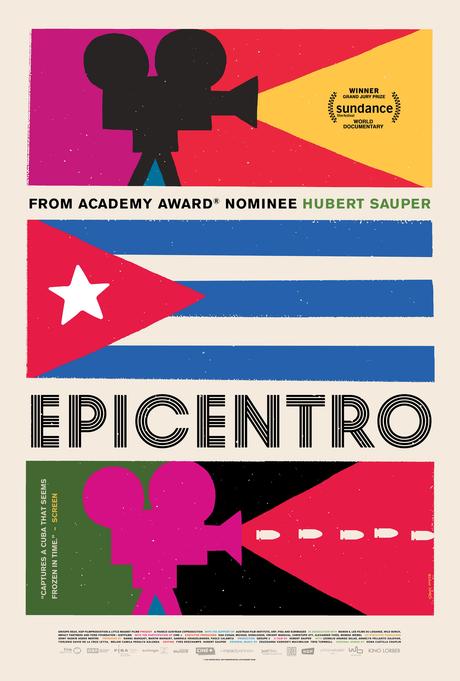
 If you asked a random sample of individuals to define a utopia, you'd probably get an array of differing opinions. Indeed, the means to achieving this elusive concept has been an eternal debate, exemplified by recent statements at the Republican Convention. During a speech made by Sen. Tim Scott, he decried the Democratic Party's desire to turn America into a "socialist utopia" rather than maintaining the capitalist status quo.
If you asked a random sample of individuals to define a utopia, you'd probably get an array of differing opinions. Indeed, the means to achieving this elusive concept has been an eternal debate, exemplified by recent statements at the Republican Convention. During a speech made by Sen. Tim Scott, he decried the Democratic Party's desire to turn America into a "socialist utopia" rather than maintaining the capitalist status quo. In Hubert Sauper's latest documentary "Epicentro," utopia is always at the top of his mind as he explores the underlying tensions between capitalist and socialist ideals from the perspective of one of the world's infamous bastions of communism - Cuba. As he looks to the past to understand the island's current social and political climate, the lasting impact of American propaganda is revealed. Beginning with the story of the sinking of the USS Maine and its catalyzing effect on the Spanish-American war, "Epicentro" examines the ways in which Cuba and the United States have become inextricably linked.
That legacy of US-Cuba relations is immediately evident, as the film shows signs bearing American names such Roosevelt and even more blatantly, America. But Sauper goes a step further, engaging with Cuban citizens young and old to glean insight into the country's past. Most intriguingly, he dedicates much of his attention towards the impressively knowledgeable children, who are able to quote such actions as the interventionist Platt Amendment to support the pervading anti-imperialist sentiment.
As he delves further, there's an alluringly observant, searching quality to Sauper's direction. He takes audiences on an enlightening journey, from roaming the streets of Havana and its music-filled nightlife, to more rural areas where the remnants of a once thriving sugar industry are illuminated in the sunlight. In that sense, he doesn't force the film to fit a cohesive narrative. But it allows the film to feel more authentic, especially in the context of its own suspicious view of cinema's historical use as a propaganda tool. Indeed, some of the its most eloquent moments rely not on talking heads but on evocative everyday images. Notably, the socioeconomic dilemma facing the people is emphatically conveyed when we witness tourists obliviously flaunting their privileges by enjoying spaces and experiences that many local Cubans can only dream of.
Ultimately, "Epicentro" is unlikely to sway your allegiance between capitalism and more socialist policies. But in amplifying the voices of those who know communist Cuba best, it successfully addresses what author Chimamanda Ngozi Adichie as the dangerous "single story". In doing so, it maintains the compelling enigma befitting of a complex, diverse country at the center - or "el epicentro" - of the East-West divide.
